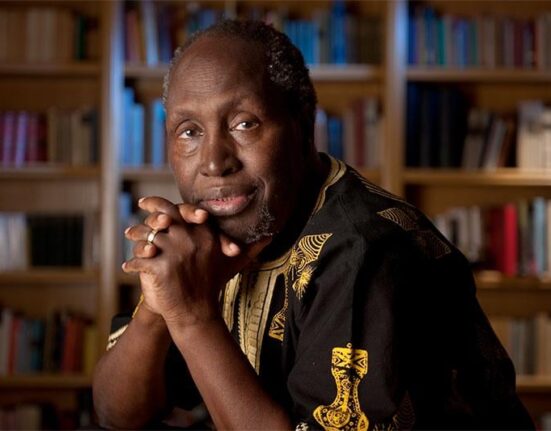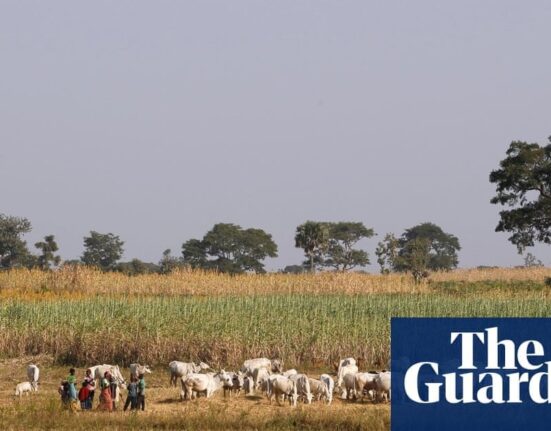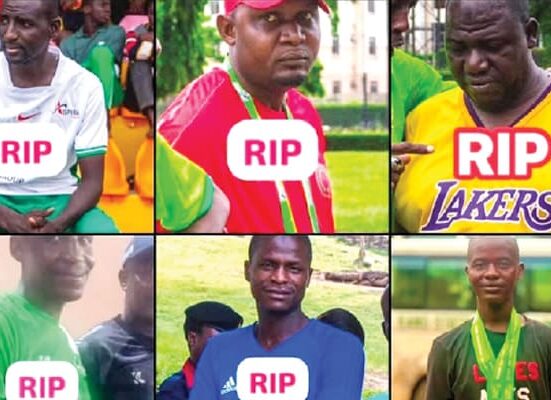In the intricate web of political dynamics, even the most established parties can face internal disagreements that spill into the public eye. Recently, a spotlight has been cast on the New Patriotic Party (NPP) in Ghana, as questions arise about the representation of Bernard Antwi Boasiako, also known as Chairman Wontumi. This situation has sparked debates and speculation, shedding light on the complexities within the party’s legal team.
As a Senior Research Fellow at the Center for Democratic Development (CDD-Ghana), Dr. Kojo Asante has provided valuable insights into the underlying issues at play. According to his analysis, there appears to be a lack of consensus or clarity on who rightfully represents Chairman Wontumi in legal matters. This internal discord not only raises concerns about the party’s cohesion but also underscores the challenges of navigating legal intricacies within a political framework.
Dr. Asante’s observations point to a larger narrative of power struggles and conflicting interests that can characterize political landscapes. In the case of the NPP, the ambiguity surrounding Chairman Wontumi’s representation hints at deeper rifts that may impact the party’s unity and strategic decision-making processes. Such internal tensions can have far-reaching consequences, influencing not only individual cases but also shaping the party’s reputation and effectiveness in governance.
The situation surrounding Chairman Wontumi’s representation serves as a microcosm of broader issues within the NPP and other political entities. It highlights the delicate balance between individual agency and collective responsibility, showcasing how internal disagreements can erode trust and unity within a party. Moreover, it underscores the importance of transparent and coherent decision-making processes to uphold the party’s integrity and public image.
In the realm of political dynamics, legal representation is not just a matter of procedural formality but a reflection of underlying power dynamics and alliances. The complexities involved in defining who represents key figures like Chairman Wontumi underscore the intricacies of political maneuvering and strategic positioning within parties. As Dr. Asante’s insights reveal, the resolution of such conflicts goes beyond legal technicalities to encompass broader considerations of leadership, loyalty, and party dynamics.
Looking ahead, the ongoing debates surrounding Chairman Wontumi’s representation prompt critical reflections on the NPP’s internal mechanisms and communication channels. Addressing these internal conflicts in a transparent and decisive manner is essential to fortifying the party’s unity and effectiveness in pursuing its political goals. By navigating these challenges with integrity and strategic foresight, the NPP can not only resolve immediate disputes but also strengthen its foundation for future endeavors.
In conclusion, the ambiguity surrounding who represents Chairman Wontumi within the NPP’s legal team underscores the complexities and tensions inherent in political organizations. By delving into this case with a critical lens, we gain valuable insights into the power dynamics, internal conflicts, and strategic considerations that shape party dynamics. As Dr. Asante’s analysis illuminates, addressing these conflicts with transparency and unity is essential for maintaining the party’s credibility and effectiveness in the ever-evolving political landscape.








Leave feedback about this